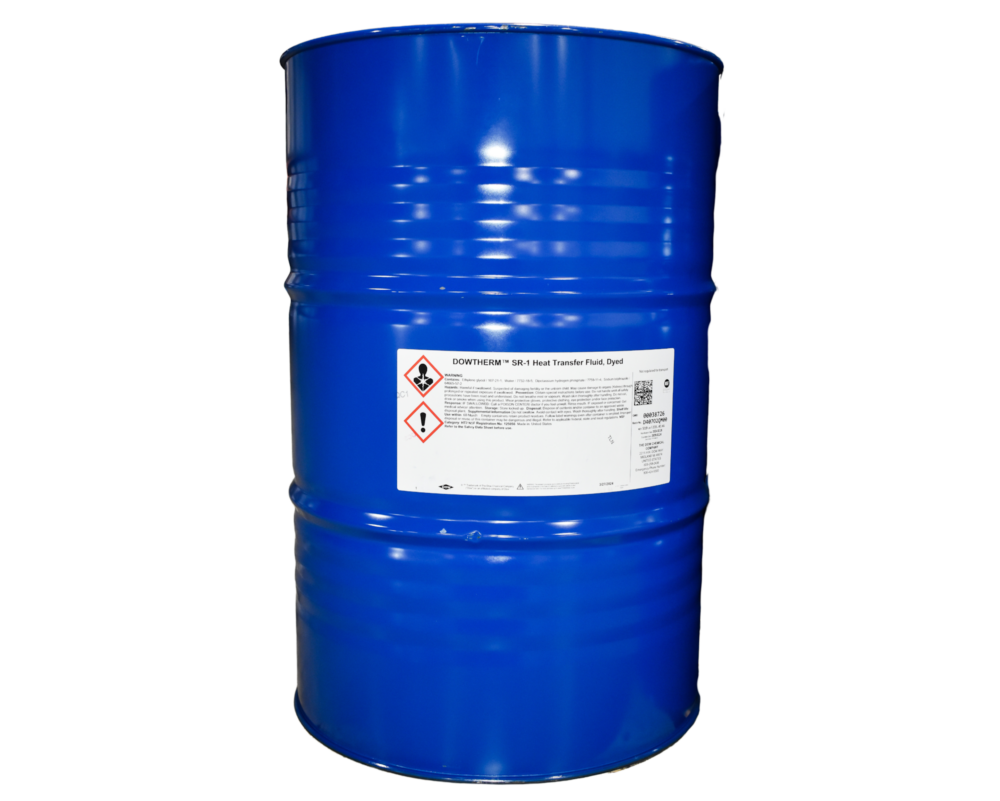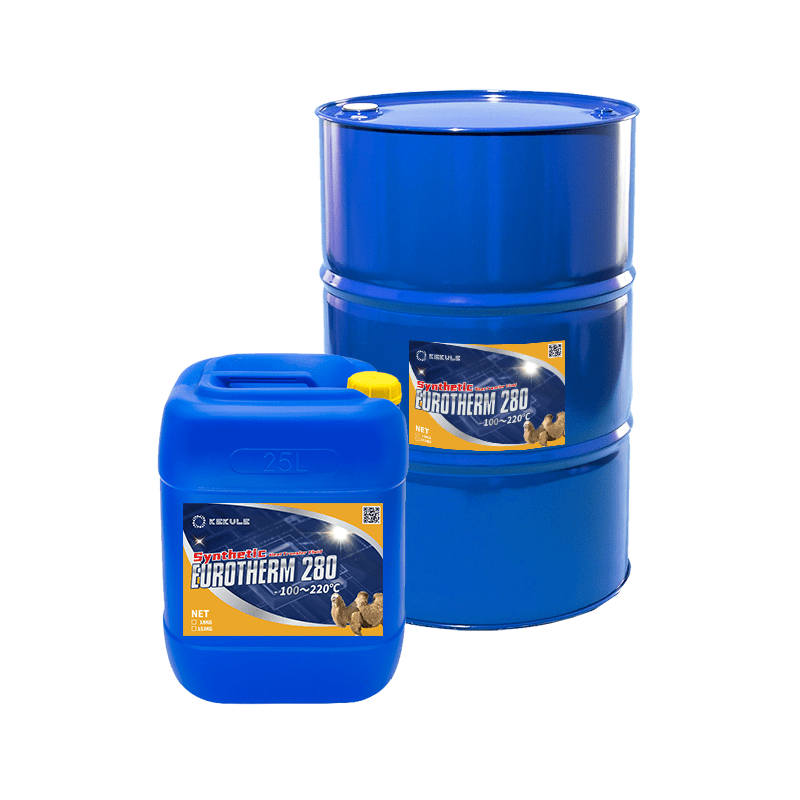The Value of Thermal Security in Heat Transfer Fluid Choice
The Value of Thermal Security in Heat Transfer Fluid Choice
Blog Article
Why Warm Transfer Fluid Is Essential for Optimizing Energy Transfer in Systems
The function of warm transfer fluids in enhancing power transfer is crucial for attaining efficient thermal administration across numerous industrial markets. These fluids help with smooth warm exchange, guaranteeing processes operate within optimum temperature level varieties and reducing the risk of getting too hot.

Function in Thermal Administration
Warmth transfer liquids play an essential function in thermal administration by effectively managing temperature levels in various industrial procedures and systems. These specialized fluids promote the transfer of warmth between different elements, ensuring optimal operating conditions and preventing overheating. By preserving specific temperature level control, warmth transfer fluids enable industries such as chemical production, oil and gas, and power generation to run securely and effectively.
The selection of a suitable heat transfer fluid depends on several factors, including thermal stability, heat ability, and thickness. High thermal security makes sure that the liquid can stand up to extreme temperature levels without breaking down, while a high heat capacity enables it to take in and launch significant quantities of heat - heat transfer fluid. Reduced thickness lowers the power needed for pumping, contributing to overall system efficiency
Moreover, warm transfer fluids are important in applications like refrigeration, where they assist take in and dissipate heat during the cooling cycle. In solar thermal energy systems, these fluids capture and transport solar warm to produce electrical energy or provide warm water. Their versatility to diverse operating problems and capacity to keep regular thermal efficiency highlight their importance in industrial thermal management, facilitating functional continuity and enhancing security procedures.

Enhancing System Performance
To optimize the benefits of thermal management, improving system performance through the calculated usage of heat transfer fluids is paramount. By preserving ideal temperature degrees, heat transfer liquids help make certain that systems run within their developed parameters, thereby protecting against overheating and reducing the danger of part failing.

Sorts Of Warmth Transfer Liquids
The diversity of warm transfer liquids highlights their essential function in a variety of commercial applications, each customized to meet particular thermal administration needs. These liquids promote reliable energy transfer and are selected based on essential homes such as thermal stability, thickness, and warmth capacity. The key kinds include water, glycol solutions, oils, and synthetics, each offering distinct benefits.
Water is the most usual warmth transfer medium due to its high specific warmth ability and reduced expense. Mineral oils are favored for their thermal security and non-corrosive nature, making them ideal for high-temperature applications.

These liquids ensure superior performance in systems where standard liquids may stop working. The option of a heat transfer liquid is critical, as it influences system effectiveness, safety and security, and long life.
Environmental and Economic Benefits
Utilizing the appropriate warmth transfer fluids provides considerable environmental and economic benefits for commercial procedures. Eco friendly warm transfer fluids, frequently biodegradable and safe, decrease the danger of soil and water contamination in the occasion of leakages or spills, therefore shielding environments and conforming with rigorous ecological laws.
Economically, the ideal heat transfer fluid can substantially lower operational expenses. Liquids with extended lifecycle performance lower the frequency of substitutes and maintenance, reducing downtime and connected expenses. On the whole, the tactical use of ideal warmth transfer liquids supports sustainable financial growth and environmental stewardship.
Choosing the Right Fluid
How does one navigate the complex procedure of selecting the More about the author best heat transfer liquid for commercial applications? Choosing the suitable liquid is essential, as it straight affects system performance, security, and operational prices. Secret considerations include thermal security, compatibility with system materials, and operating temperature range. Thermal stability ensures the fluid can withstand high temperatures without weakening, while compatibility protects against deterioration or various other destructive responses with system components. The operating temperature level variety should align with the system's needs to keep performance and longevity - heat transfer fluid.
Additionally, the liquid's warmth capacity and thickness are paramount. A high warm ability allows the fluid to absorb and transfer even more power, boosting efficiency. Ideal thickness ensures minimal pump job and effective heat transfer, especially in varying temperature levels. Environmental and safety and security facets must additionally become part of the decision-making process. Non-toxic, biodegradable fluids decrease ecological impact and follow regulative standards, minimizing liability risks.
Verdict
The critical option and application of warmth transfer liquids are essential to maximizing power transfer throughout different systems. By making sure high thermal security and capability, these liquids supply exact temperature control and improve general system efficiency. This optimization adds to lowered functional costs and lower greenhouse gas discharges, therefore advertising sustainability. The choice of liquid, customized to particular viscosity and operational demands, is critical navigate to these guys for making best use of performance and attaining economic and ecological benefits in industrial processes.
Report this page